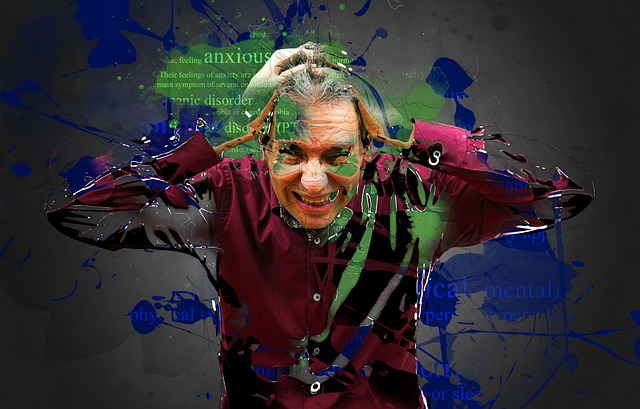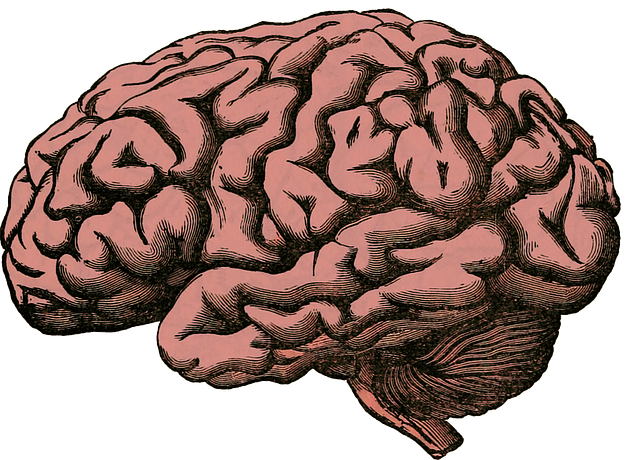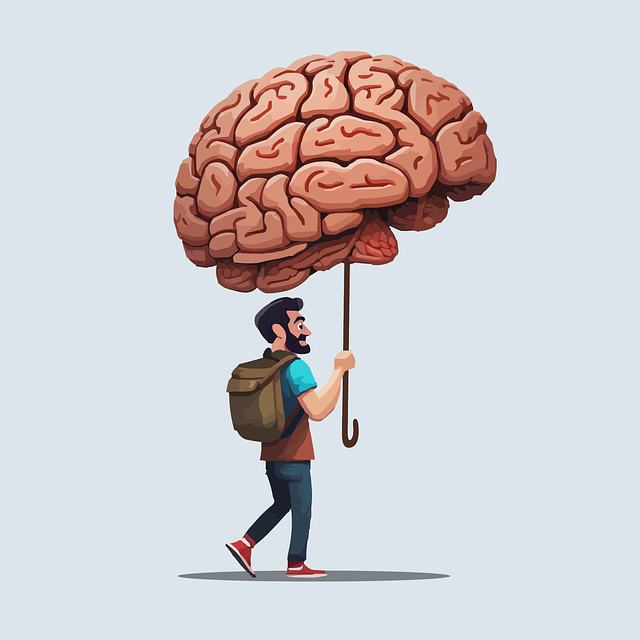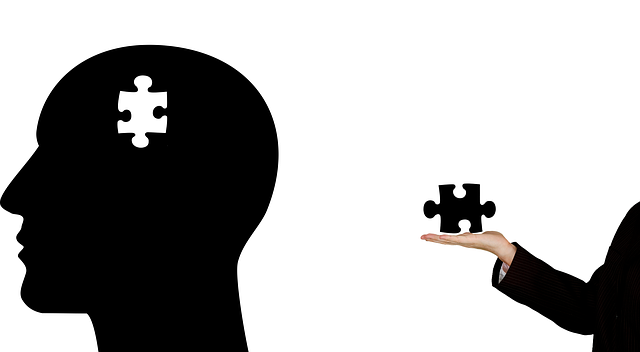Understanding mental health is crucial for developing effective educational programs. Debunking myths about mental illness and integrating evidence-based practices, like Superior Hypnosis Therapy, can create inclusive learning environments. This therapy offers a natural approach to stress reduction and trauma healing, empowering individuals with self-regulation skills. Designing impactful programs requires diverse curricula, interactive workshops, and tailored strategies for different learners. Engaging methods, such as group discussions and podcasts, reinforce key concepts. Measuring success through both qualitative and quantitative methods ensures positive individual well-being outcomes, including improved emotional healing processes.
In today’s fast-paced world, mental health education is more vital than ever. This comprehensive guide explores essential aspects of designing effective programs to address common mental health concerns. From debunking myths and introducing superior hypnosis therapy to engaging audiences interactively, we provide actionable insights. Learn key components for a robust program and discover strategies to measure success in evaluating the impact of your mental health initiative. Embrace innovative approaches, such as hypnosis, to foster holistic well-being.
- Understanding Mental Health: Unveiling Common Myths and Their Impact
- The Role of Hypnosis in Mental Well-being: A Superior Approach
- Designing an Effective Education Program: Key Components
- Engaging Audiences: Strategies for Interactive Learning
- Measuring Success: Evaluating the Impact of Your Mental Health Initiative
Understanding Mental Health: Unveiling Common Myths and Their Impact

Understanding mental health is a vital step in creating effective education programs. Unfortunately, many myths surround this complex topic, which can hinder progress and perpetuate stigma. One common misconception is the association between mental illness and weakness; in reality, mental health issues affect individuals from all walks of life, often stemming from a combination of genetic predisposition, environmental factors, and life experiences. Debunking these myths is crucial for fostering an inclusive learning environment where students feel comfortable discussing their experiences without fear of judgment.
By unraveling the complexities of mental health, we can better address issues such as anxiety, depression, and trauma—areas where superior hypnosis therapy has shown promise in support services. Mental health policy analysis and advocacy play a pivotal role in ensuring accessible and comprehensive education around these topics. Additionally, integrating social skills training into the curriculum equips students with the tools to navigate interpersonal interactions, fostering a supportive community that promotes open dialogue about mental wellness.
The Role of Hypnosis in Mental Well-being: A Superior Approach

Hypnosis, a powerful tool within the realm of mental health education, offers a superior hypnosis therapy approach to enhancing well-being. This ancient practice has evolved to become an integral part of modern treatment plans, providing an alternative and often effective method for managing various mental health concerns. By accessing the subconscious mind, hypnosis enables individuals to confront and overcome deep-rooted issues, such as trauma, which can significantly impact overall mental health.
Incorporating superior hypnosis therapy into mental wellness programs facilitates stress reduction methods and mood management. It empowers individuals with self-regulation skills, allowing them to navigate life’s challenges more effectively. This technique is particularly beneficial for those seeking non-pharmacological solutions, offering a natural and safe way to promote healing and emotional balance. With its ability to induce deep relaxation and enhance focus, hypnosis provides a transformative experience, potentially revolutionizing trauma support services and personal growth journeys.
Designing an Effective Education Program: Key Components

Designing an effective mental health education program involves integrating several key components to ensure its success and impact. First, a comprehensive curriculum that covers various aspects of mental wellness, including stress management techniques like Superior Hypnosis Therapy, should be developed. This curriculum should cater to different learning styles, offering a mix of interactive workshops, group discussions, and practical exercises to engage participants actively in their learning journey.
Moreover, incorporating burnout prevention strategies for healthcare providers is essential. These strategies can help participants recognize signs of stress and mental fatigue, empowering them with tools to maintain their own mental wellness while supporting others. Regular feedback mechanisms, peer support networks, and a focus on creating a safe and inclusive learning environment are additional components that enhance the program’s effectiveness. Stress management workshops organization should also be tailored to meet the unique needs of the target audience, ensuring that the education program resonates and benefits each participant.
Engaging Audiences: Strategies for Interactive Learning

In designing a mental health education program, one of the key aspects to consider is engaging audiences through interactive learning strategies. This is essential for ensuring that participants remain interested and actively participate in the process. Incorporating elements like group discussions, role-playing scenarios, and interactive workshops can significantly enhance knowledge retention and encourage emotional well-being promotion techniques. By fostering an environment where individuals feel comfortable sharing their experiences and exploring different perspectives, programs can effectively reach and impact a diverse range of learners.
For instance, incorporating Superior Hypnosis Therapy into educational modules can offer unique insights into stress management practices. This not only adds a dynamic twist to learning but also provides valuable tools for participants to manage their mental wellness. A well-structured Mental Wellness Podcast Series Production can further complement these sessions by offering accessible and engaging content that reinforces key concepts and encourages ongoing emotional well-being.
Measuring Success: Evaluating the Impact of Your Mental Health Initiative

Measuring success is a vital aspect of designing and implementing any mental health education program. It’s how we ensure our initiatives are making a meaningful impact on individuals’ well-being. When evaluating the effectiveness of your mental health program, consider incorporating both qualitative and quantitative methods to gain a comprehensive understanding of the change it’s fostering.
One effective approach is to track participant engagement and satisfaction through surveys or interviews, gathering insights into their perceived benefits. Additionally, quantifiable metrics such as attendance rates, completion percentages, and changes in scores from pre- to post-program assessments can offer tangible evidence of progress. For instance, a focus on Superior Hypnosis Therapy techniques alongside Mindfulness Meditation and Emotional Intelligence training could lead to measurable improvements in emotional healing processes among participants.
Mental health education programs play a pivotal role in fostering well-being and breaking down stigma. By incorporating evidence-based practices like Superior Hypnosis Therapy, these initiatives can significantly enhance learning experiences. Through key components like myth-busting, interactive strategies, and thorough evaluation, we can design programs that empower individuals to take charge of their mental health. This holistic approach ensures lasting impact, fostering a more informed and resilient society.








